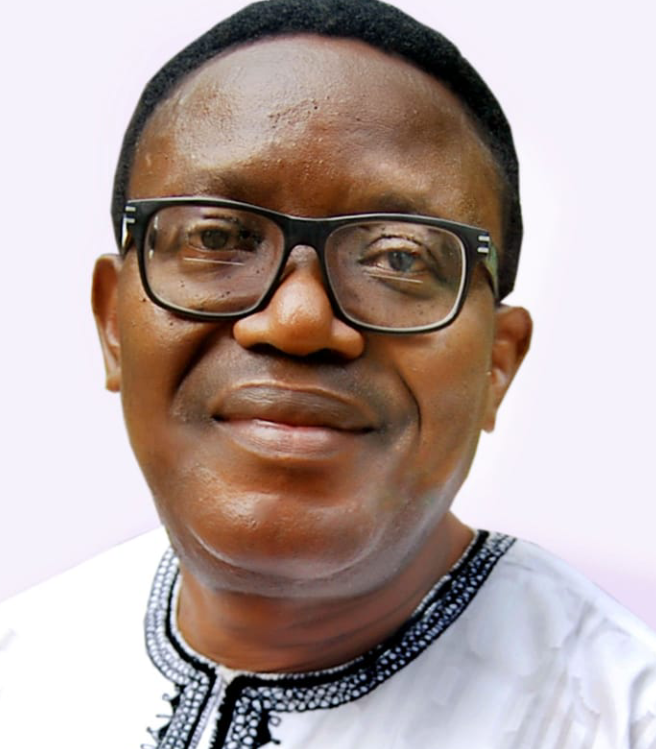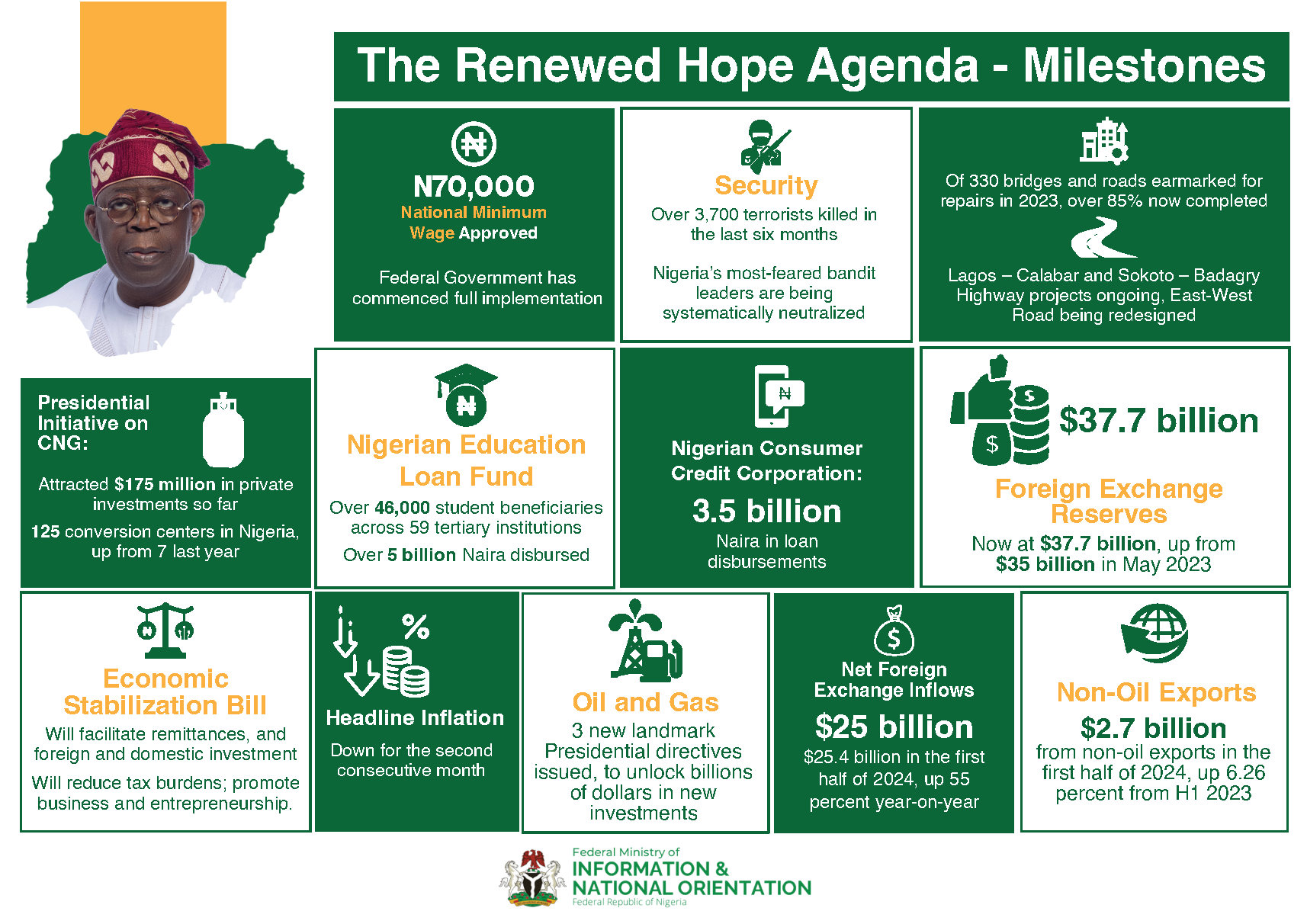By Owei Lakemfa
I AM excited. After about two months in police cells and the Kuje Maximum Prison, three #EndBadGovernance protesters: Michael Lenin Adaramoye, Mosiu Sodiq and Opaluwa Eleojo, are back home. They are on bail. They join the trio of Loveth Angel, Nuradeen Khamis and Abayomi Adeyemi, earlier let out on bail.
Incredibly, they face treason charges. Not because they were anywhere near where violent protests erupted, but a sort of vicarious liability. They are resident in Abuja but the authorities are holding them liable for the violent protests in other parts of the country.
The claim of the state is that they are organisers of the protests and should be held liable for the fallout anywhere in the country. Mass protests or street actions have a logic of their own. The organisers do not need to factor in violence for them to become violent. I spent 24 years in prison for refusing to join in murder, money ritual plot — Ismai
My experience is that in most cases, mass protests become violent only after police or military intervention, or attack by state-sponsored agents. For instance, in organising the pro-democracy protests which began on July 5, 1993, we took pains to ensure they were peaceful. We had marshals to guide the protesters, and check any violence within our ranks.
So, even with millions on the streets on the first day, there were no violent incidents. But on the second day, the Babangida junta sent out armed convoys of soldiers to put down the protests. In Lagos, the soldiers rolled from the Murtala Mohammed Airport, through Ikorodu Road, to the Mainland on to Lagos Island. They shot at anything that moved. That single day, the Babangida regime shot dead at least 118 Nigerians in Lagos. That was the figure we collated in working with the Nigeria Medical Association, NMA, which collated the figures from various public mortuaries. Almost all were shot in the back, indicating that they were running from the soldiers when they were shot.
The murder of protesters in Lagos was led by the then Chief of Army Staff, General Sani Abacha. It was therefore not surprising that under the Abacha dictatorship, peaceful protests were quickly transformed by the state into violent ones, and bombs planted in buses and public places.
Admittedly, in holding public protests, which is a fundamental human right, violence can occur. This could partly stem from the fact that protesters have a right to self-defence.
I was engaged in a national street action in 1993 during the Interim National Government, ING, contraption headed by Chief Ernest Shonekan. The ING had been put in place by the departing Babangida dictatorship that had annulled the June 12, 1993 presidential election. Its primary purpose appeared to be the conduct of a new election that would supplant the annulled election.
But Chief Moshood Kashimawo Abiola, the winner of the June 12 election, said the annulled election was like a train derailment, and that until the track was cleared, no other train could use it. He thought a sure way of derailing the election plans of the ING was to stop the review of voters register which was a prelude to the planned election.
Chief Abiola turned to the Campaign for Democracy, CD, which had organised the July and August pro-democracy protests for the de-annulment of the June 12 election. He sent the then Senator Bola Ahmed Tinubu to meet with the CD. Three leaders of the CD: the medical doctors Beko Ransome-Kuti and Frederick Fasehun, and I, met Tinubu in his then Victoria Island, Lagos office.
He conveyed Abiola’s request which we accepted on behalf of the organisation. Dr Ransome-Kuti then asked me to present an implementation plan. I said the CD has members across the country who will be willing and capable of physically stopping the voters review exercise. They were committed and needed no inducement whatsoever.
All we required were advertisements in two national newspapers, production of mobilisation leaflets and funds to transport and distribute them across the country. Additionally, I said Lagos, the economic and pro-democracy capital of the country would need at least fourteen 911 ‘Molue’ buses to cover the six zones we would divide the state. I listed the zones as Lagos Island-Victoria Island, Mainland-Ikorodu, Ikeja-Ogba-Agege, Orile-Ajegunle-Badagry, Mushin-Isolo, and Oshodi- Sango Ota.
A shocked Tinubu said he did not need to get back to Abiola for resources as he could personally provide the meagre funds we were requesting.
When the voters review exercise began, we were ready across the country. In Lagos, we filled the 14 big buses with activists and rolled through the city and its environments in a convoy, seizing the materials of the Electoral Commission.
It turned out to be a fairly easy street action. The handful policemen at each review centre did not put up any resistance. The electoral officials, who were mainly teachers, were so sympathetic to our cause that in many places, they helped us to load the review materials, including the voters register, into our buses. When the buses were full, we headed out to empty them, and returned to the roads. Within two days, the ING gave up the idea of the review exercise as it watched its planned elections effectively checked.
The point is that our actions could easily have met resistance by the security agencies, the electoral officials, locals or paid thugs. Had that happened, there would have been street battles and we would have resisted arrest by security forces. But had we been arrested, it would have been unthinkable that we would be arraigned in court on treasonable charges with the state asking for the death penalty. Yet, this was under a dictatorship with no constitution or claims to democratic principles.
Given the pro-democracy background of President Tinubu, his involvement in public protests and street actions, it is necessary that he rejects the advice of some members of his team that public protests should be criminalised. People in the corridors of power waxing strong on this, could not have lifted a finger for democracy when the military and its fascist allies were running riot in the country.
Also, we must not assume that there are no persons or groups in and outside the country who may not want to reverse our gains in transiting from military misrule and brigandage to civilian rule. Therefore, we must keep the tradition of mass protests alive.
President Tinubu should stay true to the pro-democracy campaigns he was associated with by directing the release of all protesters, including Daniel Babatunde Akande, Suleiman Yakubu, Buhari Lawal, Bashir Bello and Abdulsalam Zubair who remain behind bars in Kuje Prison, and discontinuing the cases against them.
Dear readers, we really need your support to keep on serving you with authoritative, truthful, and juicy stories everyday. For your support, please reach out to the editor @gavelinternational66@gmail.com


